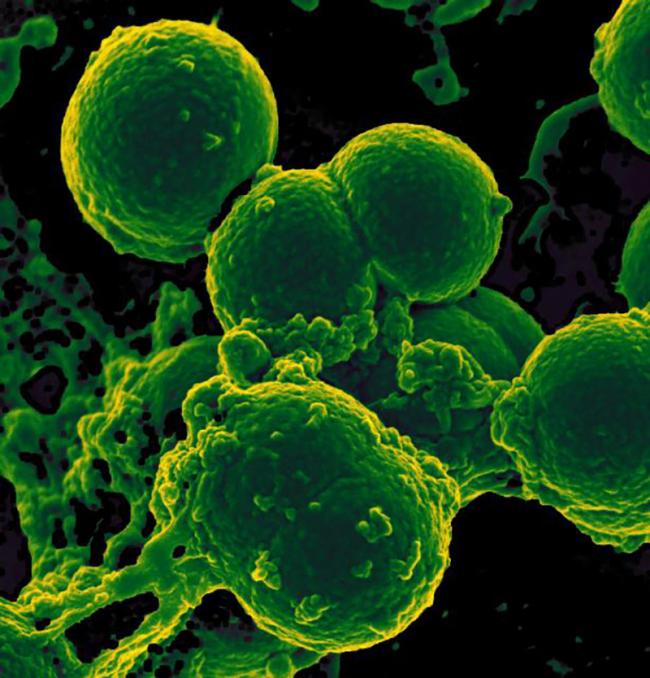Prolonged antibiotic treatment may alter preterm infants’ microbiome
Media Advisory Monday, September 9, 2019
Prolonged antibiotic treatment may alter preterm infants’ microbiome

What
Treating preterm infants with antibiotics for more than 20 months appears to promote the development of multidrug-resistant gut bacteria, suggests a study funded by the National Institutes of Health. The research appears in Nature Microbiology.
Researchers used high-speed DNA sequencing and advanced computational analysis to study stool samples from 32 infants born very preterm who received antibiotic treatment for 21 months (in the neonatal intensive care unit and after discharge), nine infants born very preterm who received antibiotics for less than a week, and 17 healthy term and late preterm infants who hadn’t received antibiotics. Infants who received prolonged antibiotic treatment had less diverse bacterial populations in their gut, compared to the other infants, and these bacteria contained more antibiotic resistance genes.
Moreover, the genomes of the high antibiotic use group contained genes for resistance to antibiotics typically not given to newborns, such as ciprofloxacin and chloramphenicol. One possible explanation is that these genes might originate in multidrug-resistant bacteria, so using a particular antibiotic may trigger resistance to other antibiotics, even if they were not used.
The researchers do not know the long-term effects of these genome changes, which they term “microbiota scars.” They note that previous studies linked antibiotic treatment during infancy with allergies, psoriasis, obesity, diabetes and inflammatory bowel disease later in life. Their findings raise the possibility that early-life antibiotic use may promote these effects by reducing the diversity of microbial communities in the gut, encouraging the growth of injurious bacterial species and perhaps also suppressing the growth of beneficial microbes.
The study received funding from NIH’s Eunice Kennedy Shriver National Institute of Child Health and Human Development (NICHD), National Institute of General Medical Sciences, National Institute of Allergy and Infectious Diseases, and National Institute of Diabetes and Digestive and Kidney Diseases.
Who
John Ilekis, Ph.D., NICHD Pregnancy and Perinatology Branch, is available for comment.
Article
Gasparrini AJ, et al. Persistent metagenomic signatures of early-life hospitalization and antibiotic treatment in the infant gut microbiota and resistome. Nature Microbiology. 2019
About the Eunice Kennedy Shriver National Institute of Child Health and Human Development (NICHD): NICHD conducts and supports research in the United States and throughout the world on fetal, infant and child development; maternal, child and family health; reproductive biology and population issues; and medical rehabilitation. For more information, visit NICHD’s website.
About the National Institutes of Health (NIH): NIH, the nation's medical research agency, includes 27 Institutes and Centers and is a component of the U.S. Department of Health and Human Services. NIH is the primary federal agency conducting and supporting basic, clinical, and translational medical research, and is investigating the causes, treatments, and cures for both common and rare diseases. For more information about NIH and its programs, visit www.nih.gov.
NIH…Turning Discovery Into Health®
Contact
301-496-5133


